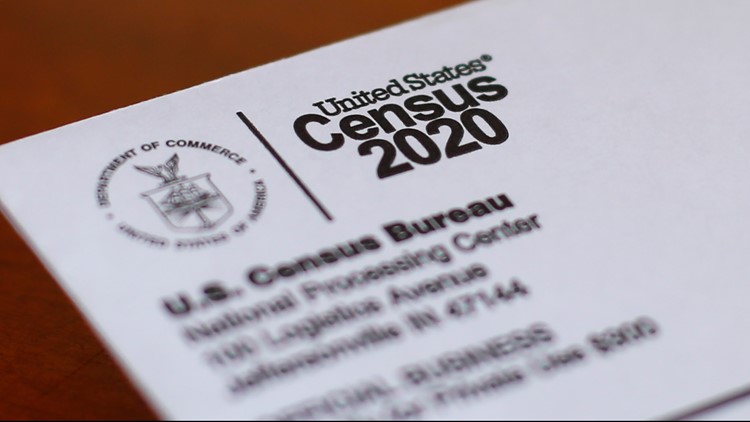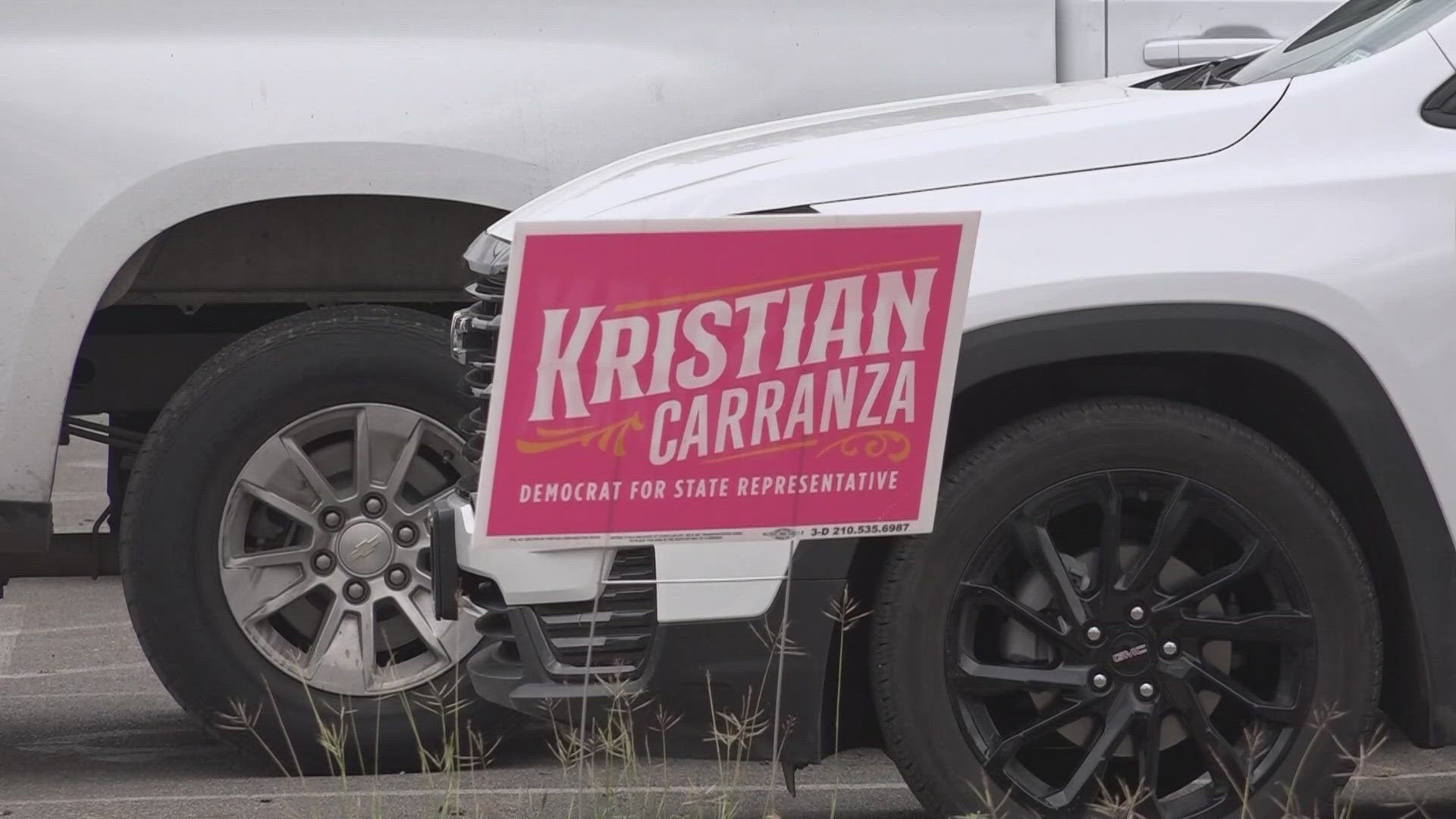For the second time in two months, a panel of federal judges on Thursday blocked President Donald Trump's effort to exclude people in the U.S. illegally from being counted during the process of divvying up congressional seats by state.
The decision from a panel of three district judges in California went further than last month's ruling by a panel of three federal judges in New York by saying that Trump's order in July not only was unlawful but also violated the constitution. The New York judges ignored the question of the order's constitutionality and just said it was unlawful.
“The policy which the Presidential Memorandum attempts to enact has already been rejected by the Constitution, the applicable statutes, and 230 years of history,” the judges in California wrote.
The Trump administration has appealed the New York decision to the Supreme Court, and the nation's high court agreed to hear the case next month.
Other challenges to Trump’s order are pending in Maryland, Massachusetts and the District of Columbia.
The Department of Justice, which is representing the Trump administration, didn't immediately respond to an email inquiry Thursday.
The case was heard before a panel of three district judges since it deals with how many congressional seats each state gets based on population figures from the once-a-decade census — a process known as apportionment. Any appeal can bypass an appellate court and go straight to the Supreme Court.
During arguments earlier this month, Trump administration attorneys told the judges that any challenge to the order was premature and should wait until the apportionment numbers are turned in at year’s end.
The Census Bureau is still figuring out a method for determining the citizenship status of every U.S. resident. During a news conference on Wednesday, bureau officials refused to answer whether carrying out the order was feasible at this point.
In the order, Trump said that allowing people in the country illegally to be counted for apportionment undermines the principles of representative democracy.
The federal judges in California sided with a coalition of individuals and governments that had sued the Trump administration, arguing the order discriminates against people based on race, ethnicity, and national origin. The coalition included the state of California; the city of San Jose, California; and the counties that are home to Houston and Seattle.



